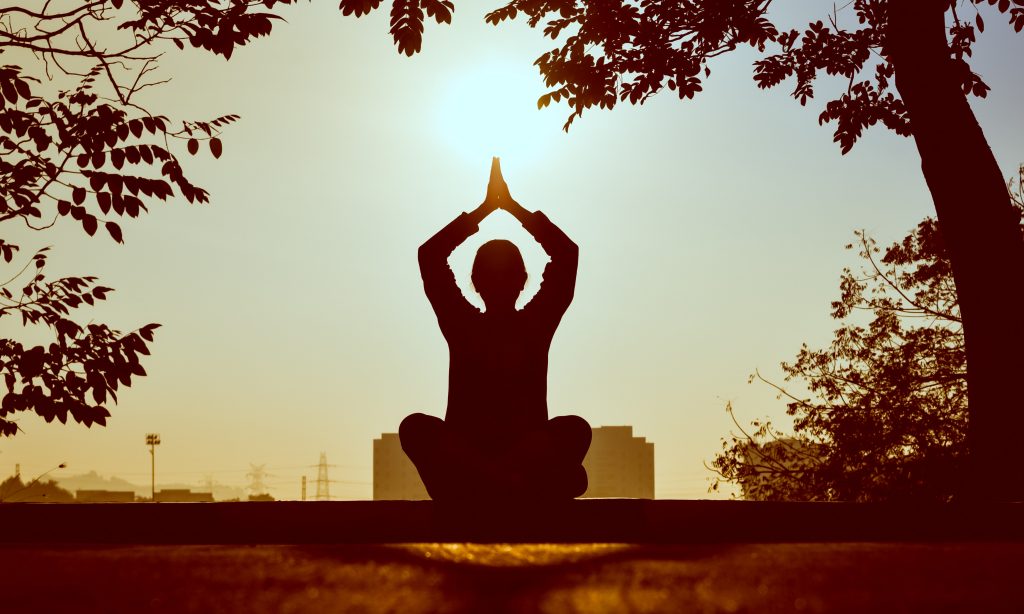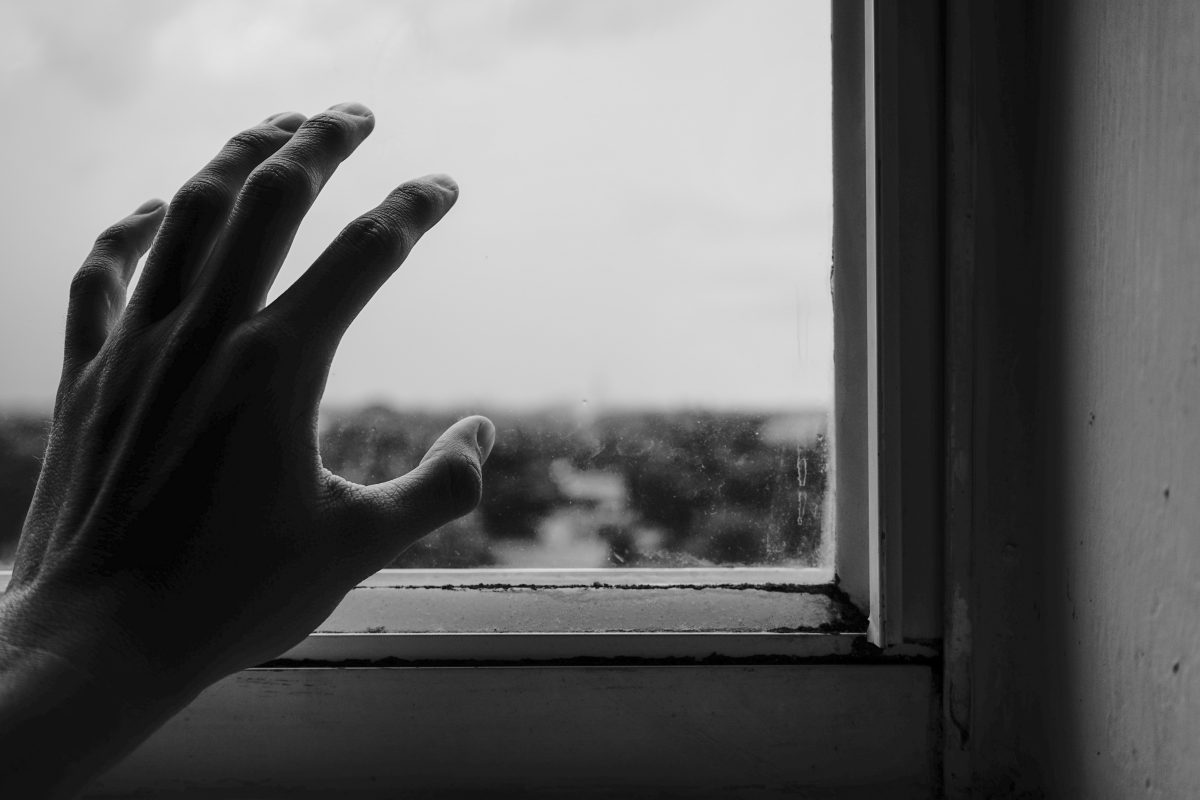Simple ways to build resilience while adapting to the new normal
During the past three months, I have had a recurring dream – or should I say nightmare – some grey and gloomy narrative related to a virus. I would wake up and realise that it is real.
As I started living the new normal of social distancing and lockdown, the fear and anguish started to permeate my daily life.
What made a difference was my routine of self-care, which I have been following since my early 20s, before I was even aware of the “self-care” movement.
The contemporary connotation of “self-care” might bring to mind Instagram hashtags and trendy spas.
Before it became a commonplace term, “self-care” was used to describe management of what sick people and their caretakers should do to support the process of getting healthy.
Self-care is now a general term and movement, as it is widely used for maintaining wellbeing during this pandemic. Here are some key points:
Calm Your Mind
Even before COVID-19 arrived in the UK, we had been experiencing a mental health crisis.
Depression is the top mental health condition, with more than 48% of people admitting that they are currently suffering from it or have suffered from it in the past.

Anxiety and panic attacks are also common – 43% of Brits have experienced these conditions or still do.
A 2017 survey found that 65% of Britons have experienced a mental health problem.
Moreover, mental health problems have been on the rise since 2000.
According to a survey of 3,500 participants by the Office for National Statistics (ONS), the number of adults in Britain with depression has doubled during the coronavirus pandemic with 19.2% experiencing depression in June 2020.
One pillar of self-care that can help ease the psychological burden—and which also happens to be a simple, efficient and free method—is meditation.
The positive effects of meditation on stress, depression, focus and even physical pain have been well-established. It is now used in schools, on sports teams and in corporate offices.
Admittedly, it can be challenging to maintain a regular meditation practice. There are so many ways to meditate.
Most people find it difficult to begin because it doesn’t feel relaxing at first. This is partly because most meditation teachers insist that the individual sit upright on a mat or cushion on the floor.
Daaji, a meditation teacher based in India, says you can sit anywhere where you feel comfortable”. A sofa or reading chair works well enough, he adds.

And while various meditation practices involve focusing on something specific—the breath or a visualisation, some Buddhist practitioners like Vipaasna suggest to try mental “roaming instead.”
With your eyes closed, let yourself think about the past, the future, conversations, songs—whatever comes up. You don’t want to struggle to stay calm.
Go with the flow of your mind,” says Goenka, the founder of Vipaasna meditation. he says.
Letting your mind wander freely allows your mind to process deeply suppressed thoughts and emotions, eventually allowing it to settle.
Meditation won’t reverse decades of accumulated stress. But with time, you’re more likely to become more relaxed and resilient when it is most needed.
Roll Away Stress

When you’re overwhelmed with stressful situations, like living through the pandemic, regular exercise can be one of the first fatality.
Yet exercising your body is one of the core principles of self-care and one of the best defences against stress.
If you feel strenuous workouts are too much to handle right now, Yoga is an effective alternative. Many online apps will guide you on how to relax your entire body through targeted, gentle exercises.
Begin in a comfortable seated position with your legs crossed. Relax your feet keeping your pelvis in a neutral position. Focus on your breathing.
Sit for a minute and feel the sensations in your body that come with being unrushed, still and internally aware.
Tilt your head toward your chest and slowly move your head around in a full circle to the right, and then to the left, three times each.
Invite the feeling of letting go. Return to the easy pose and lift your head upright.
Roll your shoulders in forward circular motions, then backwards four times each.
When you are finished, inhale, bringing your hands over your head and exhale, placing your hands together at chest level.
Get Your Vitamins
Some people resort to unhealthy foods as comfort during difficult times, which only makes it harder for your body to deal with stress.
An important self-care method is to be mindful of what you’re eating and ensuring you add some nutritional support.
In other words, this means a balanced diet that is right for your needs. But one commonly overlooked ingredient is Vitamin D.
Doctors opine that the nutrient is protective in many ways and is vital for mental health.
Vitamin D helps regulate adrenalin and dopamine production, and prevents the depletion of serotonin in the brain, making it essential for guarding against mood disorders like depression.
Vitamin D also boosts the immune system. Vitamin D deficiency has been associated with certain cancers, autoimmune disease, obesity, diabetes, and cardiovascular disease.
Some Ayurvedic herbal supplements are also known to help the body cope with stress. Ashwagandha is one of them; it aids in balancing cortisol, a stress hormone.
While such supplements are readily available over the counter, it is advisable to discuss any new supplements with your doctor first to avoid any contraindications.
Self-care can take many forms. Simple walks in your back backyard, keeping a daily journal, “meeting” your friends via video or learning a new skill on the internet are some that will help you stay balanced and resilient.
During the initial days of lockdown, my friends from school and their partners formed a group and we play two rounds of online Tombola every Sunday at 6 pm. The stakes are low, but the sense of connection and rejuvenation are priceless.
Self-care, as the name suggests, is keeping yourself at the centre of your welfare activities.




